5 min to read
International Vulture Awareness Day 2023 - Save Vultures
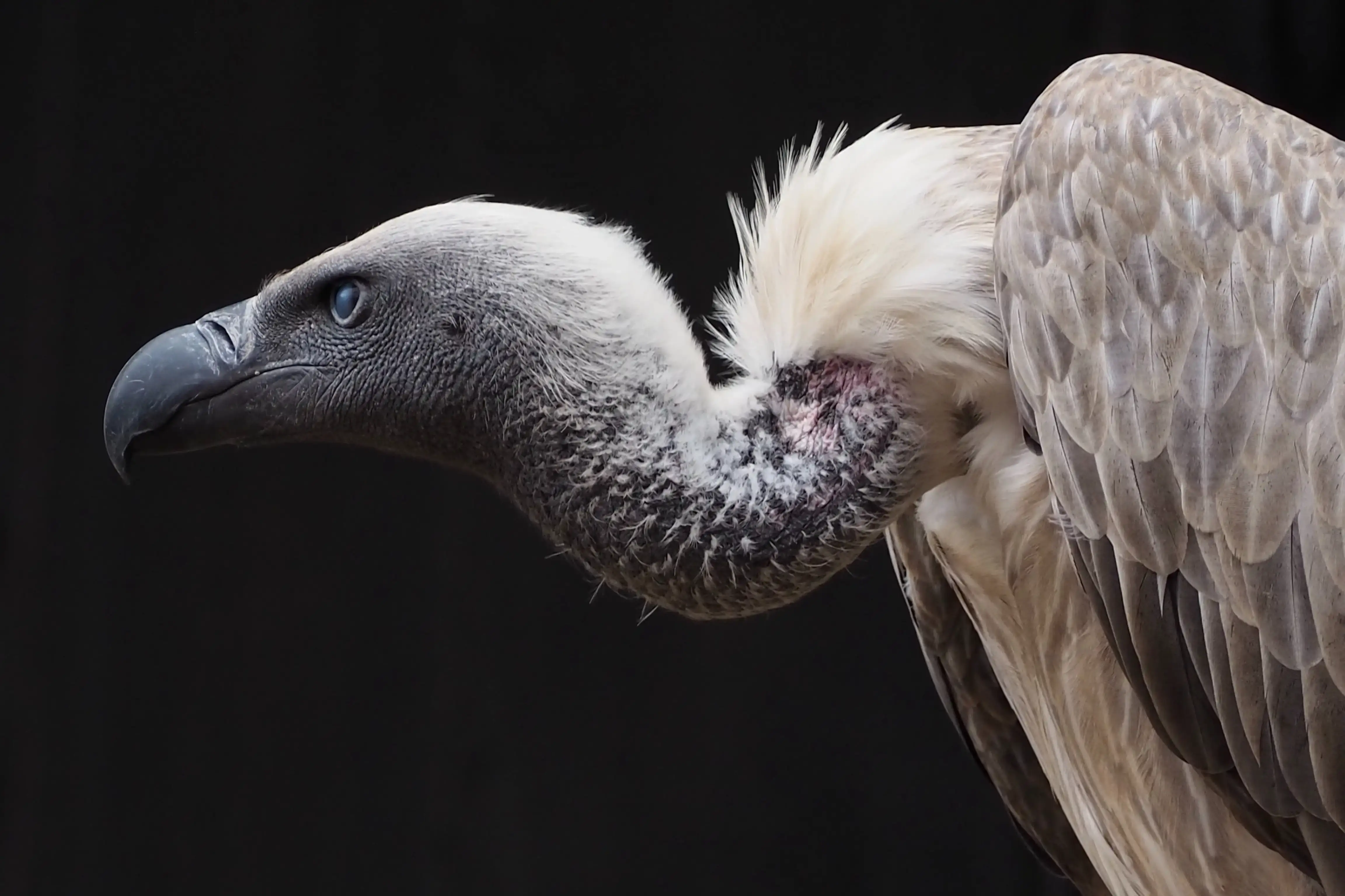
Have you ever wondered what happens to animals that die in the wild? Well, the answer is vultures. These birds play a critical role in the ecosystem as scavengers. They clean up the remains of dead animals, preventing the spread of diseases and maintaining balance in the environment.
On International vulture awareness day, we’ll explore the role of vultures in the ecosystem, the threats they face, and what you can do to help.
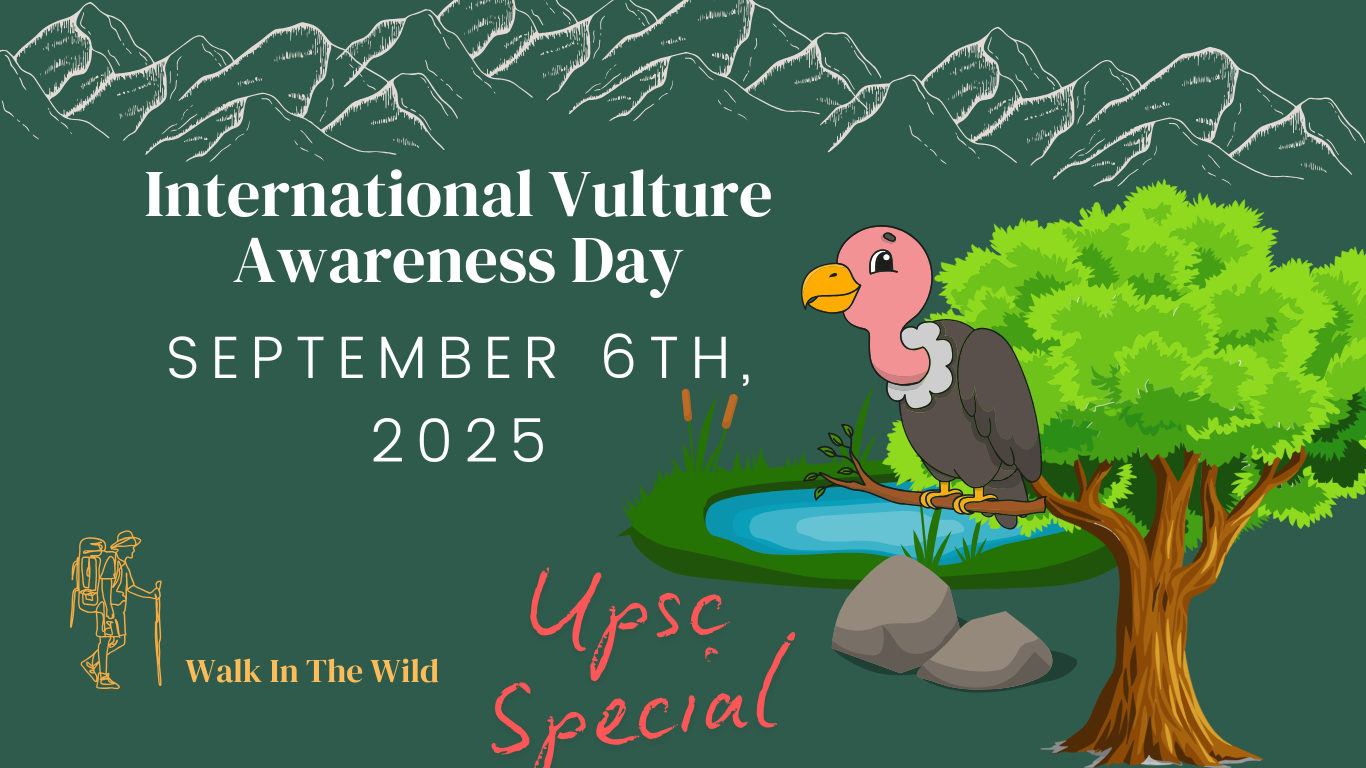
 Types of Vultures
Types of Vultures
Vultures can be classified into two types: Old World Vultures and New World Vultures.
Old World Vultures are found in Africa, Asia, and Europe. New World Vultures are found in North and South America. There are 23 species of vultures in the world. 16 of them are Old World Vultures and 7 of them are New World Vultures.
Old World Vultures are usually larger than the new World vulture. They have a unique bald head and can be identified by their hooked beak. They are found in Africa, Asia, and Europe. There are 16 species of Old World Vultures in the world.
 Dividing the Vultures into Old World and New World Vultures
Dividing the Vultures into Old World and New World Vultures
| Old World Vultures | New World Vultures |
|---|---|
| Cinereous Vulture | Black Vulture |
| Griffon Vulture | Turkey Vulture |
| White-Rumped Vulture | Lesser Yellow-Headed Vulture |
| Rüppell’s Vulture | Greater Yellow-Headed Vulture |
| Indian Vulture | California Condor |
| Slender-Billed Vulture | Andean Condor |
| Himalayan Vulture | King Vulture |
| White-Backed Vulture | |
| Cape Vulture | |
| Hooded Vulture | |
| Red-Headed Vulture | |
| Lappet-Faced Vulture | |
| White-Headed Vulture | |
| Bearded Vulture | |
| Egyptian Vulture | |
| Palm-Nut Vulture |
 International Vulture Awareness Day
International Vulture Awareness Day
International Vulture Awareness Day is celebrated on the first Saturday of September every year. This year, it falls on September 2nd. This day is observed to increase awareness about the significance of vultures and the dangers they encounter. International Vulture Awareness Day was first celebrated in 2009 and has been celebrated every year since then.
 What Are Vultures and Why Are They Important?
What Are Vultures and Why Are They Important?
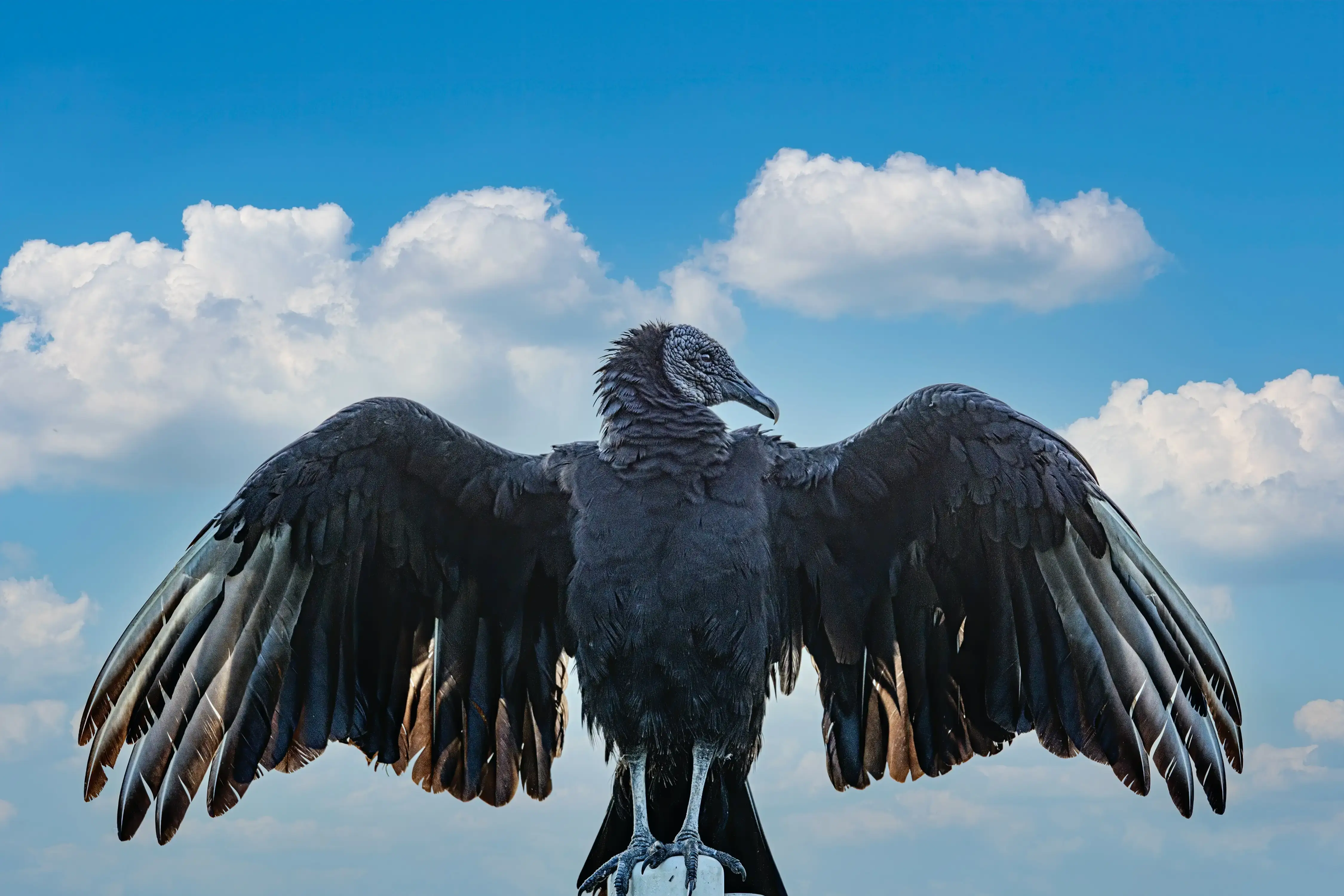
 The Role of Vultures in the Ecosystem
The Role of Vultures in the Ecosystem
The vulture is an important part of the ecosystem and food chain. They are scavengers and feed on the carcasses of dead animals. They clean up the remains of dead animals, preventing the spread of diseases and maintaining balance in the environment. They are also known as nature’s clean-up crew. So, they are very important for the ecosystem. Unfortunately, the vulture population is declining rapidly due to various reasons. We’ll discuss the reasons for the decline in the vulture population later in this article.
 Threats to Vultures and What You Can Do to Help
Threats to Vultures and What You Can Do to Help
 Poisoning
Poisoning
The use of the medicine diclofenac in the veterinary treatment of cattle has been identified as a leading cause of the decline in the vulture population. While diclofenac is safe for cattle and is mainly used to reduce swelling and pain, it becomes toxic to vultures when they feed on the carcass of dead cattle. In India, the use of diclofenac has been banned since 2008, but it is still being used in other countries. In the USA, it is still available on prescription.
The vulture population has been declining due to lead poisoning, which is primarily caused by the use of lead bullets in hunting. As the vultures feed on the carcasses of hunted animals, they become poisoned by lead bullets.
 Collisions with Power Lines
Collisions with Power Lines
Electrocution is also a big threat to birds and animals as well. We have already discussed electrocution in our previous article. It’s also affecting vulnerable vulture populations and causing their death.
 Hunting
Hunting
Vultures are getting hunted for their body parts, especially their big wings. The wings are used in traditional medicine and for decoration.
 Habitat Loss
Habitat Loss
Habitat loss is also another big issue for the vultures. Because of human activities, like deforestation, fragmentation of habitat, etc., the vultures are losing their habitat. They are not getting enough food and shelter.
 The Future of Vultures: Are They Facing Extinction?
The Future of Vultures: Are They Facing Extinction?
Yes, According to “The International Union for Conservation of Nature” (ICUN), currently Vultures are facing extinction.
Some of the vulture species population has already declined to 97-99% in the last 20 years. The population of vultures are declining rapidly and if we don’t take any action, they will be extinct shortly.
 How You Can Help Vultures
How You Can Help Vultures
 Spread Awareness
Spread Awareness
Spread awareness about the importance of the vultures and the threats they face. On International Vulture Awareness Day, you can share information about the vultures on social media. You can also share this article with your friends and family.
 Use Lead-Free Bullets
Use Lead-Free Bullets
Raise awareness about the use of lead-free bullets in hunting, Lead-free bullets are safer for the environment and for the vultures. They are a bit more expensive than the lead bullets, aren’t they worth it?
 Stop Using Diclofenac
Stop Using Diclofenac
Stop using diclofenac in the veterinary treatment of cattle. If you are a farmer, you can use meloxicam instead of diclofenac. Meloxicam is safe for cattle and is not toxic to vultures. Meloxicam is already tested and approved and safe for cattle and birds.
 Sign Petitions and Donate
Sign Petitions and Donate
Sign petitions and donate to the organizations that are working to save the vultures. You can also volunteer for the organizations that are working to save the vultures. Many non-profit organizations are already working to save them and they need volunteers working for them.
 Author’s point of view
Author’s point of view
In my opinion, vultures are the most underrated birds. They are the most crucial part of the ecosystem. They keep the ecosystem clean and prevent the spread of diseases. We should take care of them and protect them.
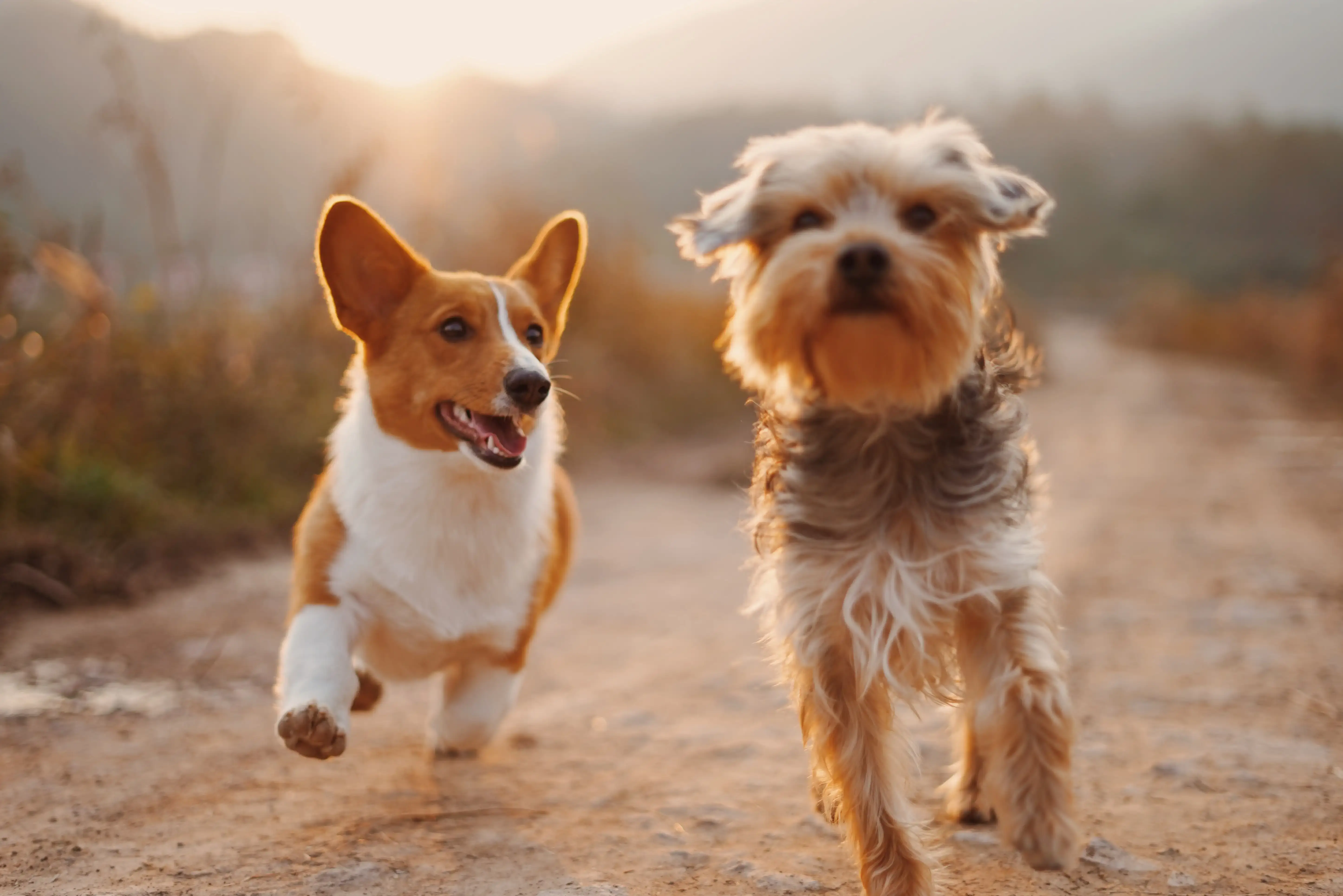

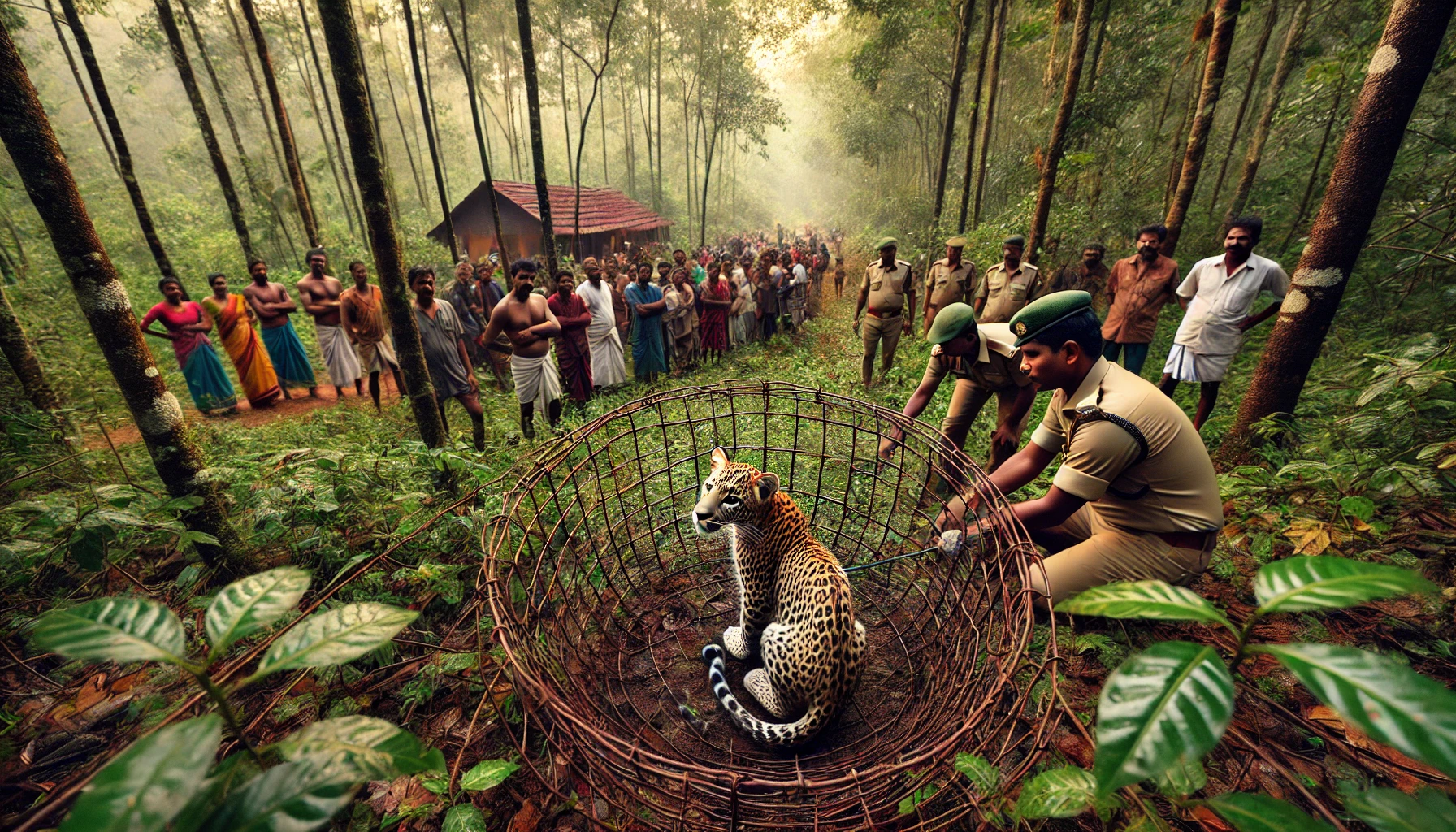

Comments